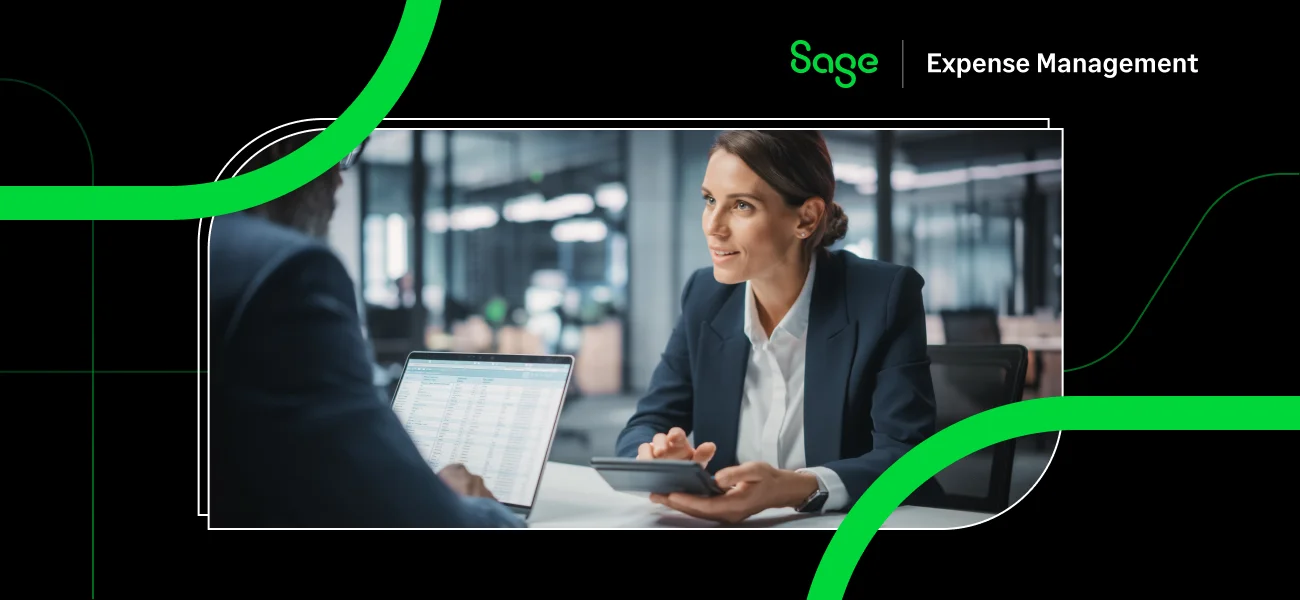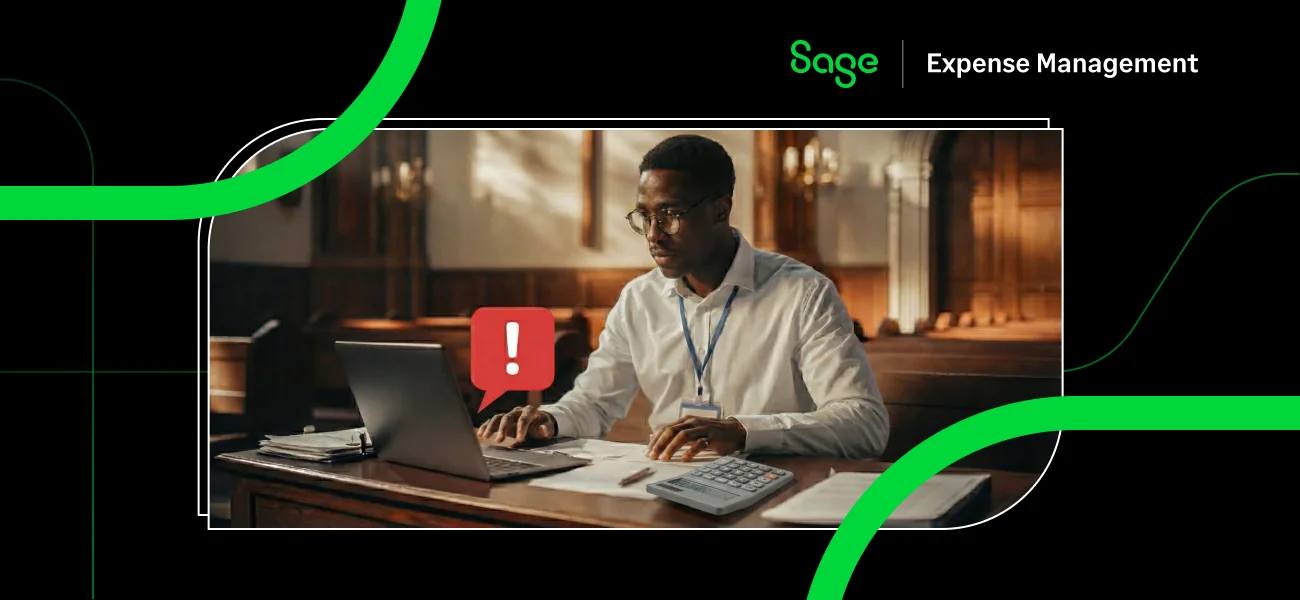In many industries, billing clients for project-related expenses is a common practice. However, ensuring that these expenses are accurately tracked and managed is crucial for maintaining profitability and transparency.
In this article, we will explore what billable expense income is, how it differs from other types of income, tax deductions you can across some billable expenses, and how you can automate billable expense tracking.
What Is Billable Expense Income?
.webp)
Billable expense income refers to any expenses incurred by a business on behalf of a client, which are then reimbursed by the client.
These expenses could include travel, materials, or any other costs directly related to delivering a service or product to the client. When a business incurs these expenses and invoices them to the client, the income from these reimbursements is categorized as billable expense income.
For example, a consultant traveling to a client site may charge the client for airfare, hotel stays, and meals during the trip. These costs are tracked as billable expenses and are added to the final invoice, where they are categorized as billable expense income once paid.
Billable vs. Non-Billable Expenses

Billable expenses are those that can be directly tied to a client project and can be charged to the client.
Non-billable expenses, on the other hand, are internal costs that cannot be passed on to the client, such as office supplies or general administrative costs.
For example, if a designer purchases specialized software for a client project, this would likely be a billable expense. However, if the designer buys a new desk for their office, that’s a non-billable expense, as it cannot be charged to any client.
When Should You Bill Clients for Expenses?
Clients should be billed for expenses when those costs are directly incurred as a result of work done on their behalf. Typical scenarios include:
- Project-based travel: If you need to travel for client meetings or project work.
- Materials or supplies: Purchased specifically for the client’s project.
- Third-party services: Like hiring a contractor or specialized equipment for the client’s benefit.
In many industries, contracts and agreements specify which types of expenses can be billed to the client. This helps avoid disputes and ensures transparency in client billing.
Examples of Billable Expense Income

Billable expenses can vary based on the industry and the type of project. Here are common examples:
- Research Expenses: Expenses related to product research or development on behalf of the client. The IRS allows tax deductions for research costs if they meet specific criteria, such as expenses incurred for improving a product.
- Digital Payment Processing: Fees incurred when processing payments on behalf of a client. These can be passed on as billable expenses.
- Client Engagement Tools: Subscriptions of software used to facilitate client communication or project management.
- Client Materials: Physical goods purchased for a project, such as printing materials, equipment, or specialized supplies.
- Shipping Costs: Costs for delivering products, materials, or samples to the client.
- Subscription Fees: If a project requires the use of paid tools or services, these fees can be billed back to the client.
- Travel Expenses: Travel-related expenses such as airfare, hotel stays, and transportation costs incurred for client-related work. These expenses may be deductible if they meet the IRS’s travel expense criteria, which include transportation, lodging, and other necessary costs incurred during business travel.
Additional examples include administrative costs, software licensing fees, and other specific expenses that directly contribute to the completion of client projects.
Billable Expenses vs Sales of Product Income
Billable expenses are costs incurred during the project and reimbursed by the client, while sales of product income refers to revenue generated from selling a product or service.
While both represent income, they are accounted for differently in the financial statement. Billable expenses do not directly impact your revenue but offset your project costs.
Is Billable Expense Income Tax Deductible?

Billable expenses may qualify for tax deductions, but the eligibility depends on the nature of the expense. Here’s a detailed breakdown of common deductible billable expenses:
Research Expenses
According to IRS Publication 535, under Section 174, research and experimental expenditures can be deductible if they are incurred to eliminate uncertainties in product development. This includes costs associated with activities that aim to improve or develop new products.
For example, if you’re developing a new product for a client and conducting lab testing to resolve uncertainties in its design or functionality, the associated costs (such as lab fees, materials, or personnel) could qualify as deductible research expenses.
Additionally, costs to obtain a patent (e.g., attorney fees related to filing and perfecting a patent application) can be considered deductible for research and experimental expenditures.
However, acquiring someone else's patent is not deductible under this category.
Supplies and Materials
Supplies and materials consumed during the tax year for a client project may be deductible if they meet IRS requirements. You can deduct these expenses in the year they were used as long as they were not deducted in any earlier year.
For businesses that keep incidental supplies on hand, the IRS allows you to deduct the cost of materials bought during the tax year if you don’t keep an inventory of when they are used. However, this method must not distort your income or financial reporting.
Example: If you purchase office supplies, raw materials, or printing materials for a client’s project, and these are consumed within the tax year, you can deduct the cost.
Travel Expenses
If you or your employees travel for business purposes, these costs may qualify for tax deductions. Deductible travel expenses typically include transportation (such as airfare, train tickets, or car rentals), lodging, and meals that are necessary for conducting client-related work.
Here’s a quick breakdown of deductible travel expenses:
- Transportation: Includes travel by airplane, train, bus, or car between your home and the business destination.
- Local transportation: Includes taxis, ride-sharing services, or other transportation between airports, hotels, and business locations.
- Shipping costs: Includes shipping baggage or materials related to your business trip.
- Meals: Non-entertainment-related meals during the business trip may also be deductible.
- Car rentals: You can deduct the business-use portion of car rental expenses.
For example, if you fly to meet a client or attend a business conference, the airfare, accommodation, and meals would generally be deductible, provided they are essential to conducting business.
Also Read:
Key Reminder
Tracking these deductible expenses meticulously and maintaining all receipts and records will help ensure you can take advantage of the appropriate deductions.
For more information, refer to IRS Publication 535, Business Expenses, and consider working with a tax professional to ensure compliance.

How Sage Expense Management (formerly Fyle) Can Help You Track Billable Expenses


Sage Expense Management makes tracking and managing billable expenses easier for businesses. Here are the key ways it simplifies billable expense management:
- Project-Based Budgeting: Assign separate budgets for projects, categories, departments, and cost centers to ensure that expenses are allocated appropriately.
- Combined Budgets: Set limits for specific expense categories and combine them with project or department budgets to avoid overspending.
- Email Reminders: Get automatic email alerts when expenses are nearing budget limits, allowing you to stay within allocated budgets.
But that’s not all; everything else you can do with Sage Expense Management.
Text Message Receipt Collection

Users can simply text receipts to Sage Expense Management, whether it’s for a credit card expense or a reimbursement.
It automatically checks for matching credit card expenses and pairs the receipt with the corresponding transaction.
Instant Notifications On Business Credit Card Spend
For users of Visa and Mastercard business credit cards, Sage Expense Management sends instant text notifications whenever the card is swiped, enabling real-time tracking of expenses.
Seamless Integrations with Accounting Tools
- Sage Expense Management integrates with popular accounting platforms like NetSuite, Sage Intacct (including Intacct for construction and Sage 300 CRE), QuickBooks Online, QuickBooks Desktop, and Xero.
- Import data such as employees, projects, categories, GL codes, departments, job codes, cost codes, and taxes directly into Sage Expense Management.
- Automatically export expenses as bills, journal entries, or credit card charges in real-time, saving time and reducing manual entry errors.




.webp)
















